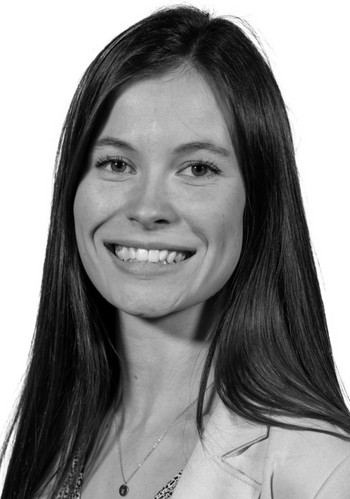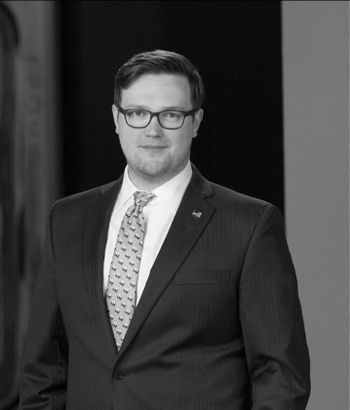University retaliated for anti-woke syllabus language, lawsuit claims
Stuart Reges, a computer science professor at the University of Washington, is suing his institution for allegedly retaliating against him after he published a controversial land acknowledgment in his syllabus.
Many professors and universities use land acknowledgments in syllabi, on websites, or during ceremonies to state which Native American tribes used to occupy the land on which the school sits.
Stuart Reges, a computer science professor at the University of Washington (UW), is suing his institution for allegedly retaliating against him after he published a controversial land acknowledgment in his syllabus.
Many professors and universities use land acknowledgments in syllabi, on websites, or during ceremonies to state which Native American tribes used to occupy the land on which the school sits.
Reges, who is also a Campus Reform faculty contributor, argued on this website in January that land acknowledgments are in practice an exercise in progressive politics that do not necessarily benefit Native American populations.
On Jan. 14, Campus Reform reported on the land acknowledgment Reges put in his syllabus. It reads, “I acknowledge that by the labor theory of property the Coast Salish people can claim historical ownership of almost none of the land currently occupied by the University of Washington.”
Campus Reform News Editor Jared Gould met with Reges on Friday to discuss his lawsuit and response to the university’s backlash.
Following Reges’ acknowledgment, the university apologized to his students, called him “offensive,” removed his land acknowledgment from his syllabus, and created an alternate course for students to switch to.
“I think I have a very strong first amendment case,” Reges told Gould.
“I’ve had two different constitutional law scholars write about this, Jonathan Turley from George Washington University and Eugene Volokh from [the University of California, Las Angeles].”
[RELATED: UIC places Native American land acknowledgments around campus]
On July 14, Jonathan Turley wrote on his website that, “[t]he actions of the university should have been condemned by all members of faculty at [UW] as an attack on academic freedom and the freedom of speech.”
Along similar lines, Eugene Volokh argued in Reason Magazine that, “if the university says that views on this subject can be expressed in those classes, then it has to be open to professors expressing views with which the university disagrees.”
Reges’ resulting course schedule was the lightest he was ever assigned. In fact, thirty percent of his students ended up switching classes, the lawsuit claims.
“Universities can use course assignments and other collateral means to isolate dissenting professors in an effort to get them to resign,” Turley wrote in his article. “For many of us in teaching, these cancel campaigns have become a constant, looming threat.”
[RELATED: REPORT: Students must acknowledge benefitting from genocide to take classes]
Reges told Gould that UW and other universities that are implementing land acknowledgments all share a common goal “to affirm a certain view of American history, a very cynical view of American history.
”That this is an evil country that stole land from Native Americans,” Reges added.
UW sent Campus Reform a statement on Reges’ lawsuit.
“The University of Washington is aware of the complaint,” the statement read. The university continues to assert that it hasn’t violated Stuart Reges’ First Amendment rights and we look forward to presenting our position if called to do so.”
Campus Reform contacted Jonathan Turley and Eugene Volokh for additional comments. This article will be updated accordingly.


